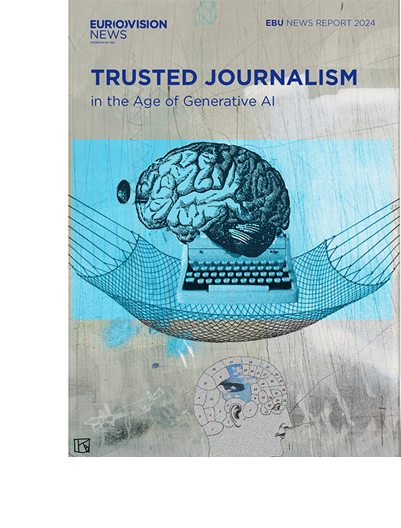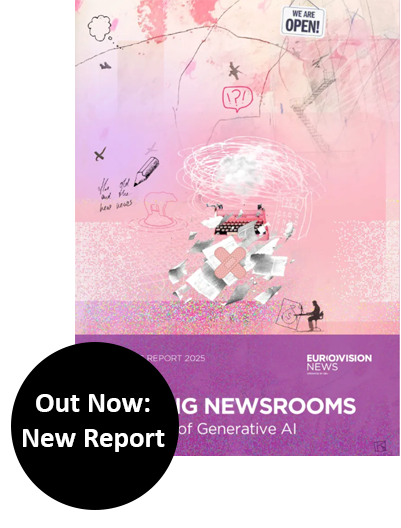The loss of freedom in the digital age seemed inevitable even before the Cambridge Analytica scandal with its massive breach of data privacy. Citizens appear destined to live in one of these two worlds: Number one is the world of monopoly capitalism, where they are primarily regarded as customers. These customers’ sole purpose is it to generate data that at some stage can be converted into money. This is the world shaped by big American Tech. Number two is the world of state surveillance, where freedom has never been appreciated much in the first place. In this Chinese version of the digital world, citizens are valued only if they serve a state sanctioned purpose.
While world number one conveys at least the illusion of freedom, because it is shaped by the private sector and the package of surveillance and manipulation is wrapped up nicely in huge amounts of customer convenience, world number two doesn’t need that much pretence. The Chinese government is fairly transparent about its goals when it monitors citizen behaviour, ranks them along the lines of their compliance with the state’s agenda and distributes privileges accordingly.
The obvious problem in both of these worlds is the violation of basic human rights. Rights that cannot be relinquished by ticking a box, by the way. But what is wrong structurally is monopolies. In world number one these are the huge conglomerates of Facebook and the like, that dominate search, social media, communication and shopping (Amazon is a powerful search engine). In world number two the monopoly is state power, uncontested by political competition.
While monopolies and freedom don’t go down well together, encouraging monopolies is one of digital technology’s basic functions. Based on data gobbling algorithms tech works towards convergence and the accumulation of power, towards super efficiency and structures that are too big to fail. Freedom in contrast, like nature, allows for variety, independence, redundancy, inefficiency and choice.
As a consequence, what needs to happen is the break-up of monopolies, as quite a few commentators have suggested this week.
This is where Europe comes in. The capacity to negotiate among an abundance of diverse interests, find compromises and push forward effective regulation will be a great asset in a digital world that has promised freedom but has increasingly delivered control.
There is no better known way to promote freedom than through democracy. Regulation, derived from public interest, is at democracy’s core because the interests of the weak can only be protected with rules that restrict the freedom of the powerful.
Silicon Valley used to be admired and envied. Many have wished to follow in its footsteps. But now is the time for more self-confidence on this side of the Atlantic. It is essential that Europe leads a third way between the American and the Chinese varieties of a digital world that currently doesn’t serve its inhabitants but only its proprietors.
This text was originally published with News Mavens, Europe’s all female newsroom.



